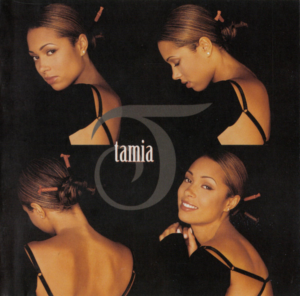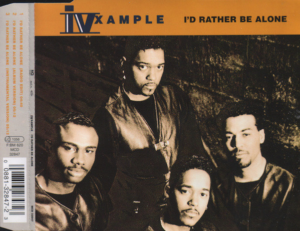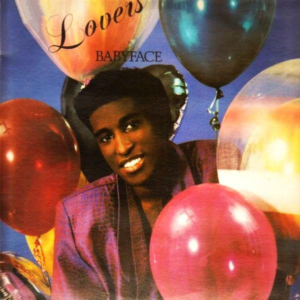Charlie Wilson is currently one of the opening acts for New Edition’s highly successful The Culture Tour. Sadly Wilson wasn’t part of the lineup when my wife and I were in attendance for the Baltimore show of The Culture Tour. Nevertheless, I’m a diehard fan of the group, so I always had plans to attend more than one show. In honor of Wilson being on the bill for the tour’s stop this Thursday in Washington D.C., I decided to revisit Wilson’s fifth solo album, Just Charlie.
Arriving in stores December 3, 2010, Just Charlie was led by the single “You Are .”Reuniting with producer Gregg Pagani who provided Wilson with the hit “There Goes My Baby” from his previous album, Uncle Charlie. “You Are” is textbook Charlie Wilson which finds the singer expressing how he feels about “the one .” The song is essentially about experiencing the newness in a relationship constantly. Wilson took the uptempo route for the second single, “Life of the Party.”
Once again, Wilson worked with Gregg Pagani for a sure-fire party starter for the steppers. I love the song because Wilson doesn’t have a rapper make a guest appearance on the song but instead lets his voice mesh with the infectious production.
Charlie Wilson covered the R&B classic “I Wanna be Your Man for the last single.” As R&B historians know, Wilson had worked with the song’s original artist Roger Troutman on another R&B classic, 1986’s “Computer Love .” Songstress and Season Three American Idol winner Fantasia joined Wilson on the cover. The duo puts their spin on the legendary song while paying homage to Mr. Troutman.
The duration of the Just Charlie features the usual topics found on R&B albums, comparing the love of a good woman to something (“Lotto” and “My Girl Is a Dime”), a tribute to women (“Where Would I Be”) and regret (“I Can’t Let Go). However, two particular songs have always stood out to me on this album.
The first is “Once and Forever,” which could have become a wedding standard for 2010. Wilson put emotion into this song that recalls his balladry as a member of The Gap Band. When this brother croons, “Anytime you’re gone, it feels like too long,” “You know you inspire me to be a better man,” you feel everything in the lyrics he’s singing.
The second standout song is “Crying For You .”The eighth track on the album finds Wilson working with frequent collaborator Willie Morris for another bop. If you’ve ever put your other half through, some ish will relate to what Wilson is singing about in the song. When Wilson’s register belts out, “She says she had enough of arguing/She says she was fed up with me again/But I didn’t listen, and now she’s gon’ missin,” it makes you want to apologize to your woman, even if you haven’t done anything wrong.
While Just Charlie wouldn’t break any records on the charts, it solidified that Wilson was still a force to be reckoned with thirty-six years into his career.
Final Grade: B +
Just Charlie is available on all streaming platforms.






